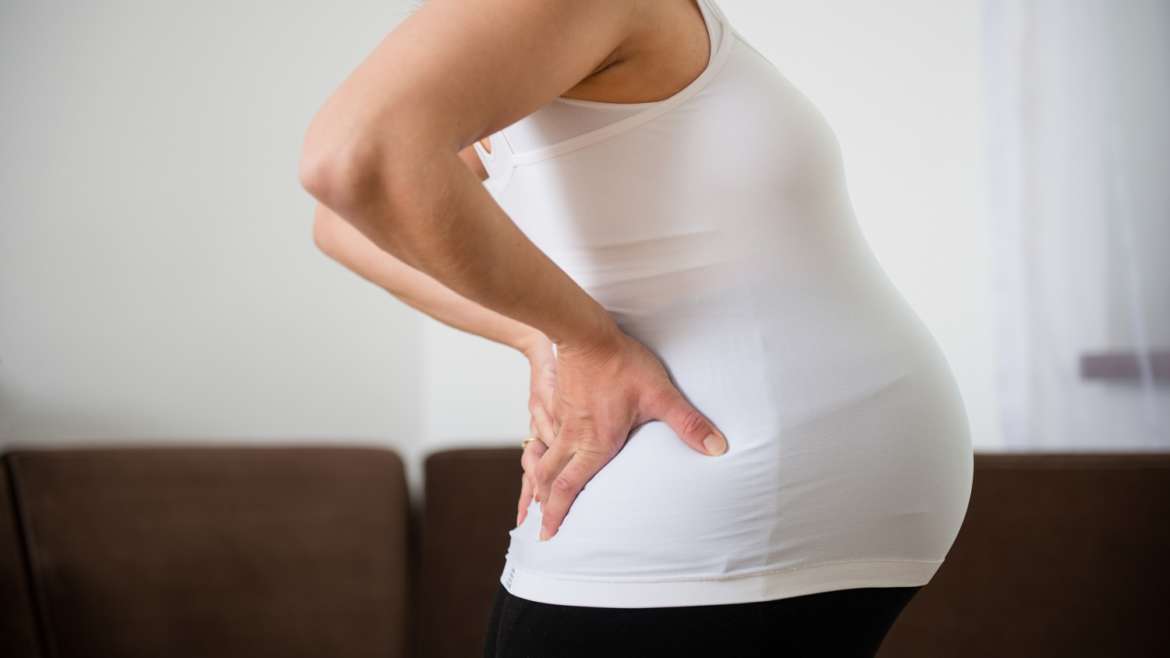Prenatal massage (or massage whilst pregnant) are perhaps a drastically underused form of treatment for a wide variety of conditions, aches and pains that can come along with pregnancy. This may, in part, be down to lack of knowledge as to how such massage can help during pregnancy.
How pregnancy affects your body
As a pregnancy progresses, the posture of the mother evolves, and often times this brings about pressure and pain, particularly in the back and legs. This becomes ever more apparent as the weight of the foetus increases, which in turn places more pressure on posture and the musculoskeletal system.
Specific leg issues are not uncommon either, including Sciatica brought about by the added weight pressing on the Sciatic nerve. A final and less serious issue can also include leg cramps (which are most commonly experienced in the third trimester); however, it’s important to note that sometimes leg cramps can be a sign of something else likeincluding deep vein thrombosis (DVT) or uterine fibroids.
Chemical changes in the mother may additionally bring about mental health issues – such as anxiety, depression and low moods.

How and why massage helps
First things first: What is a prenatal massage?
Contrary to popular belief, massages are not only safe whilst pregnant, but are inherently helpful to a woman’s body as it nurtures her baby.
Prenatal massages are designed specifically for the aches, pains and associated conditions that can frequently accompany pregnancy; however, with that said, the goals of this form of massage share many commonalities with traditional massages, namely:
• To relax tense muscles
• To ease painful points and sore spots
• To improve circulation
• To improve mobility
Pregnancy massageis not only helpful in the run up to the big day, but can also be used whilst in labour, as well as post birth as the woman’s body recovers.
How prenatal massage help
The ways in which pregnancy massage can benefit an expectant mother are wide and varied, including:
• Reducing swelling in the hands, feet and ankles
• The lessening of sciatic pain
• The easing of muscle tension which can bring about discomfort (particularly in the lower back and neck)
• Toning loose muscles which can in turn relax, increase mobility and aid flexibility
• Boosting circulation
• Increasing blood and lymph flow (which are essential for the elimination of toxins); this can also help boost energy levels and lessen the effects of fatigue
• Increasing the oxygen in the blood, (this may be by as much as between 10 and 15%)
• Strengthening the immune system and driving down potential for illness
• Stimulating endorphin release (the body’s natural pain relief)
• Relieving stress, anxiety and depression
• Helping to increase blood circulation (which then goes on to provide more oxygen for the baby, and more nutrients for mother and baby alike)
Experienced therapists will also be able to adapt the techniques that they use to overcome specific problems being faced by each individual woman. However, one piece of advice to take heed of is to choose a massage therapist who has been certified in prenatal massage – something that is advised for both optimal benefits, as well as safe prenatal massage techniques.
Our massage therapist Daria is trained in pregnancy massage. To book an appointment with her please call 020 3589 8664.



Add Comment